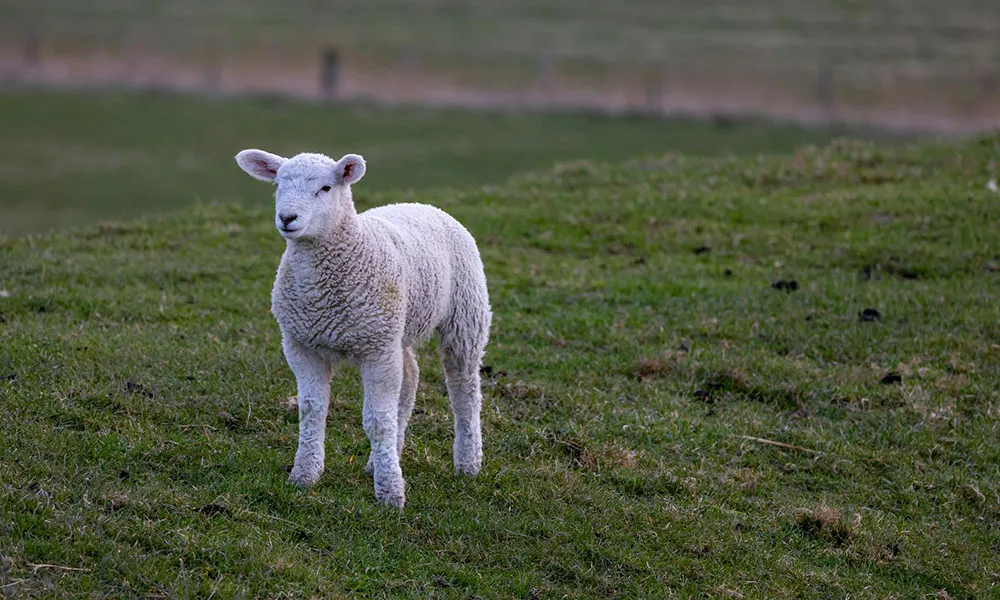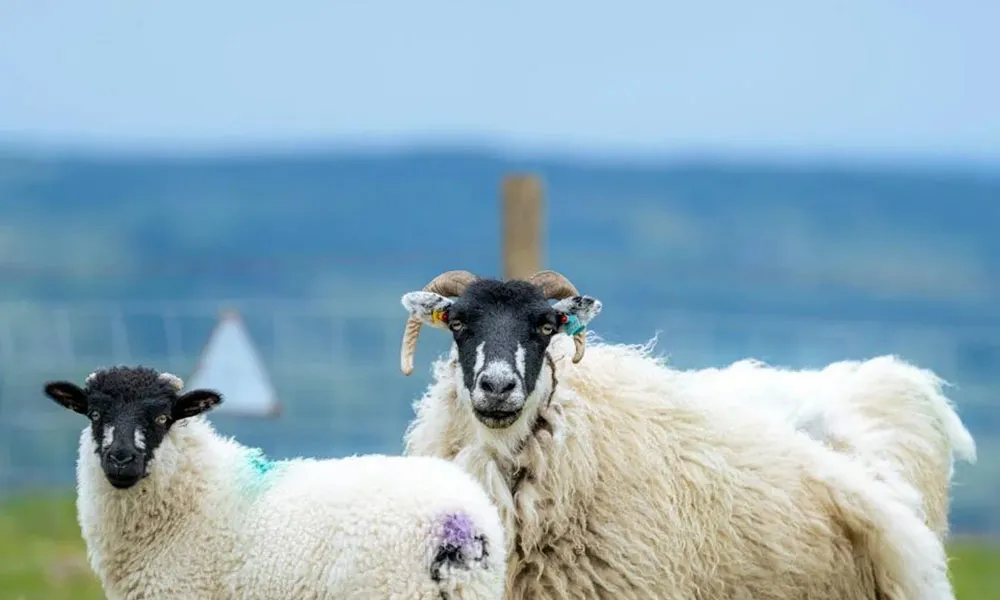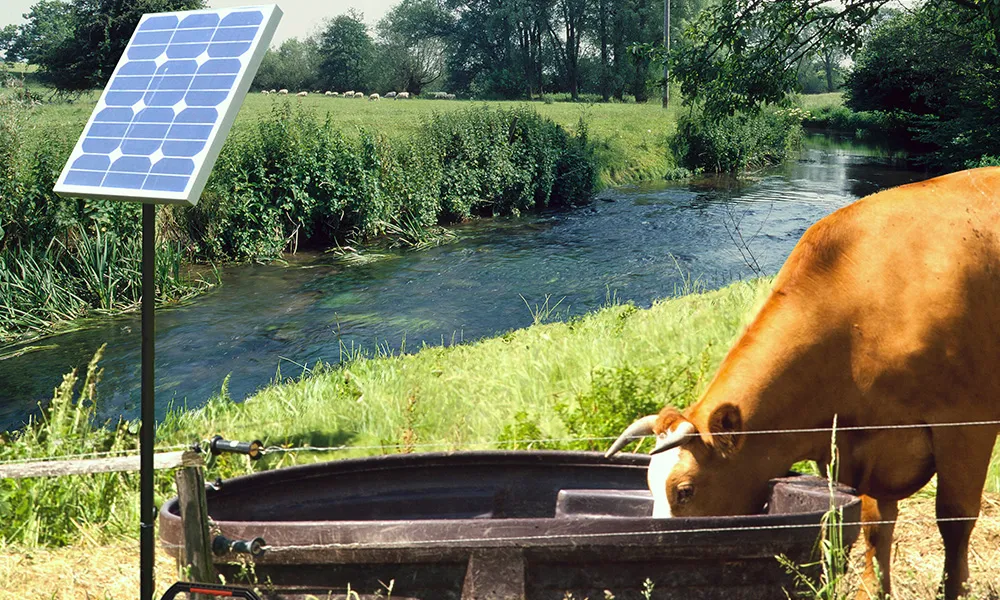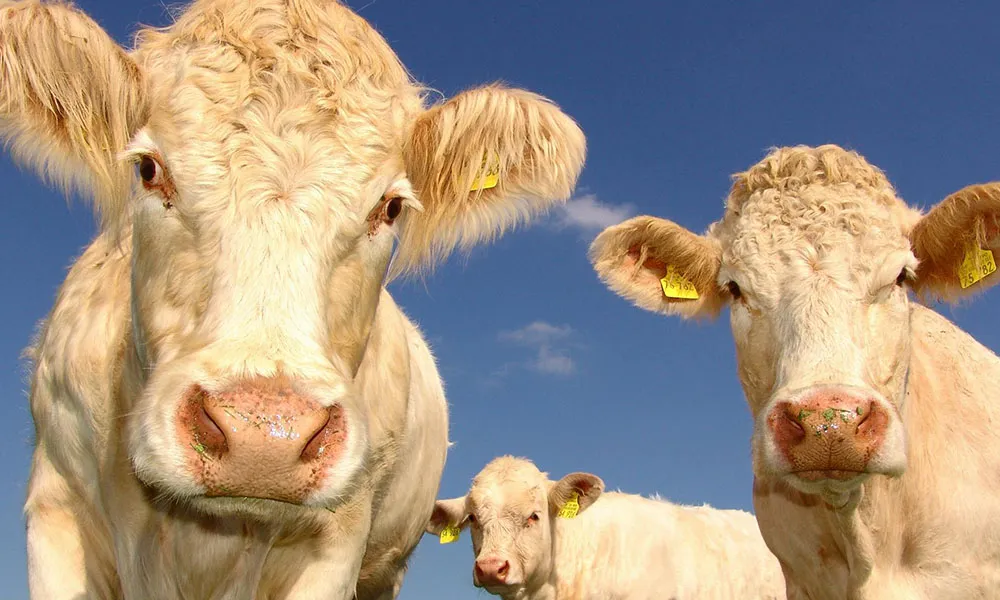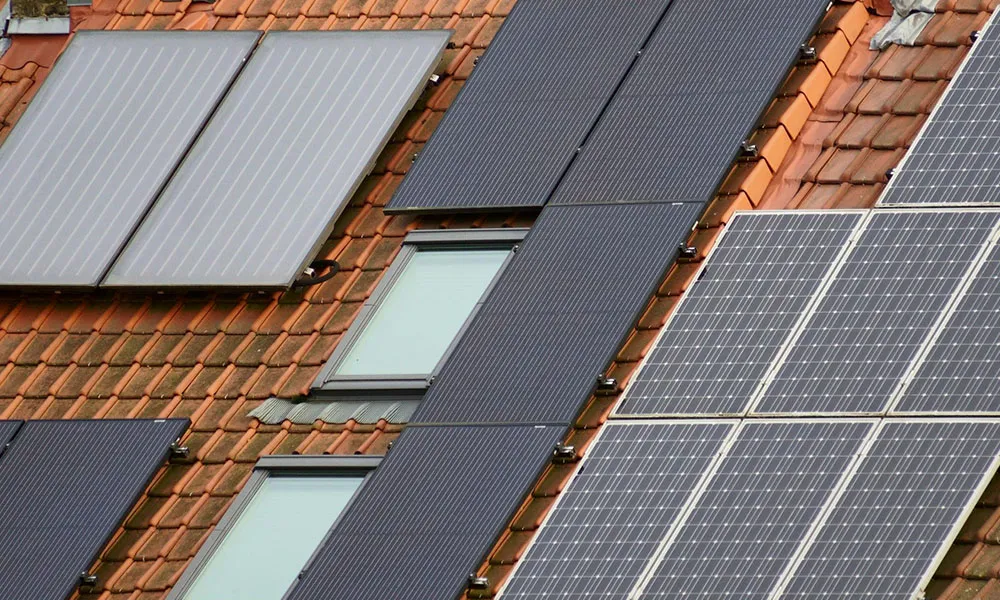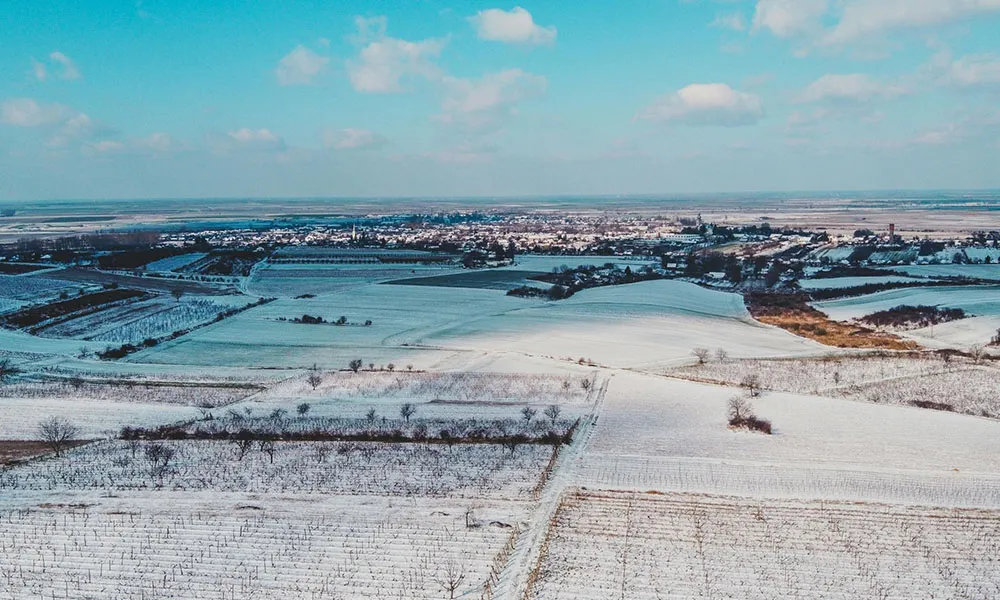
Anticipating the launch of the pilot for REPS 2, Agridirect discusses what we know so far, and asks why farming groups are sceptical of the government proposal.
The Old REPS
Most farmers regard the old REPS scheme, which launched in 1994, as a success. Payments were substantial enough to provide meaningful support for farming families around the country. I grew up on a small county Leitrim farm in the 90s and 2000s, so I know what a lifeline the REPS payments were for rural families. In addition, the scheme’s requirements prompted farmers to take best environmental practice into account.
Irish Farmers Trapped in a Perfect Storm
In many ways, the situation for farmers in 2021 is far worse than it was when REPS made its debut in the 90s. Farms all over the country are battling just to stay in operation.
The Brexit debacle has hit Irish farms hard, and it will probably get worse with time.
On the other hand, South American beef looks set to flood the European market in the coming years, thanks to the disastrous EU-Mercosur trade deal. As the environmental crisis worsens, struggling farmers await every new policy proposal with dread.
This has led many in the national media to caricature the farming community as stubbornly opposed to progressive environmental policy. This is both unfair and untrue. Farmers live in constant interaction with nature. They are experiencing the realities of climate change every day, and understand the need for environmental action far better than the suited politicians of Leinster House. But farmers also fear that they will have to bear the economic burden of the push towards carbon neutrality. It is hard to feel enthusiastic about sustainable environmental policy, if it means financial ruin and a constant struggle to put bread on the table.
A New REPS
A new “REPS” scheme, one that would pay farmers to preserve and protect the environment, could protect Irish farms from the perfect storm now gathering on the horizon. And this is what policymakers have promised.
Last year's programme for government contained reference to a plan to allocate roughly €1.5 billion for a new rural environmental scheme. According to the PFG, the funding for this scheme should come from the carbon tax. For the most part, farmers and farming groups welcomed the news, but some were sceptical.
As early as July 2020, Michael Biggins of the IFA questioned if this 1.5 billion was to be “new money”, or if it was an accumulative figure that included funding for GLAS, the current agri-environmental scheme.
Eight months on and we are still none the wiser on this issue. The Government has yet to set out a budget for the scheme. The transition towards a new scheme was also an immediate concern. Used to being left in the lurch by changes in government policy, some farmers suspect there will be a transition year between GLAS and “REPS 2”, in which they are not registered in a scheme and receive no payment.
The plan: what will REPS 2 ask of farmers?
Despite all the hype, we know very few details about the so-called REPS 2. We do know, however, that it will be a results-based scheme. This means that the payment farmers receive will depend on the success of environmental outcomes.
The higher payments will go to the farmers who meet more of the specified environmental outcomes. Payment will be for specified plots of land.
Assessors will measure performance on a “whole field” basis, and award a grade on a “scorecard”. The grade will dictate the size of the payment. This makes REPS 2 a very different scheme to the old REPS, which was an area-based scheme.
The pilot for REPS 2 should be available for applications by June of this year. However, only a limited number of farmers can apply. Specifically, the pilot scheme will target new farmers and farmers not in GLAS.
What will REPS 2 be worth?
Again, it is too early to speculate on the size of the payments. Most people assume that they will be the same as the GLAS payments, or very similar. But there are some worrying indications that the scheme might not be as well-funded as the Programme for Government promised.
Only €23 million of the pilot scheme is to come from the carbon tax. If the pilot receives more funding, it will come from a pool of €56 million set aside for various other projects. Farming groups are already sounding the alarm that the payment will not be sufficient, and will fall far short of the original REPS.
Comments from Farming Groups
The IFA is openly critical of developments on the new REPS. The Association argues that government attempts to associate the new scheme with REPS is pure spin, and that comparisons between the two schemes are disingenuous. IFA President Tim Cullinan’s position is that farmers should receive a base payment of €10,000 under the new scheme, and receive additional payments for environmental progress.
The Irish Natura and Hill Farmers Association has expressed some concern around the terms of the scheme, and insists that existing good practice must be recognised with payments. According to an Association statement, hill farmers desire reassurances that payments will be available for commonage. The Association notes that there is no mention of commonage on the discussion document. Meanwhile, the Individual Farmers of Ireland have said that the payment would need to be as high as €20,000 per annum.
Group spokesperson, James Geoghegan, maintains that a payment of this size is necessary, given the huge hike in farming overheads since the launch of the original REPS. The closing date for submissions to the department of agriculture on the new REPS scheme was 26 February 2021.
Farming groups have expressed their positions, as have many independent farmers across the country. According to Minister for Agriculture Charlie McConalogue, the department had received a total of 1,000 submissions by mid-February.
Whether or not government will deliver on farmers’ wishes is another matter. With national debt rising as a result of lockdowns, it is easy to foresee a scenario in which scheme payments are reduced, the bulk of revenue raised from the carbon tax shunted elsewhere to cover pandemic costs. Farmers and farming groups must be steadfast to prevent this from happening.
REPS 2: closing thoughts
Most farmers want to do the right thing by the environment; but they have families to feed and bills to pay, too. As a society, we are going to ask a lot of farmers in the coming years. If they are to shoulder much of the burden for environmental progress, they must be rewarded accordingly.
The core idea of REPS 2, that farmers should receive payments to act as stewards of the environment, is a sound one. In the short term, many farmers may take a revenue hit if they are to adopt more sustainable practices.
The new REPS scheme must be lucrative enough to compensate for this. The IFA proposal of a base payment of €10,000 is unlikely to succeed if the government wants to meet its climate targets in the coming years. A high base payment would reduce the incentive for higher income farmers to meet the scheme’s targets.
Nonetheless, it is unfair to ask farmers to fulfil environmental criteria for a meagre payment, which does not sufficiently remunerate them for their sacrifices. If the government is serious about environmental protection and meeting its environmental targets, then it has to provide security for farmers. On this matter, I agree with the Individual Farmers of Ireland. Security can come only from a REPS scheme that guarantees payments of €20,000 per annum to compliant farmers. Anything less may result in mass non-participation or non-adherence, and a costly impasse on environmental progress. MPG




